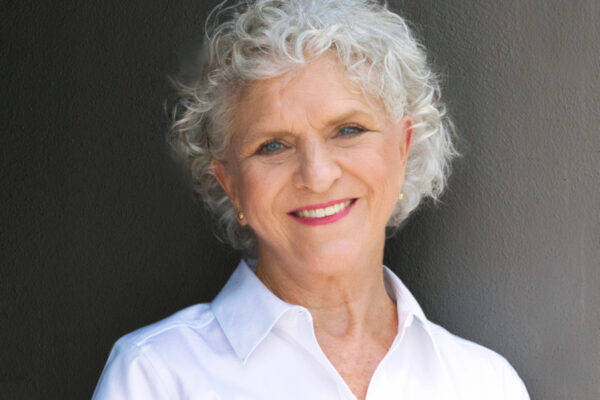
I love music, but when I was growing up, my parents rarely—if ever—listened to music. And I don’t remember my brother or sister being into music.
I do have this one memory. I was maybe six or seven years old. When we played the Beatles, “A Hard Days Night” on the record player, I would run under a table and hide my face and laugh like crazy.
The song made me giddy inside. I loved it. Maybe that’s when I fell in love with music.
But I really discovered pop and rock and roll a few years later, when I was 13 or 14. I remember an AM radio station I used to listen to. And I remember my efforts to learn to play guitar.
Music seemed to tug at my emotional strings. Music helped me feel more—or at least kept me company.
Even today, when I listen to early Rod Stewart or Elton John, I’m transported back to the days of a confused, emotional teen.
Music helps us live better lives
What I didn’t know then was that music helps us live better lives. It doesn’t really matter what type of music. But listening to music or playing an instrument helps us meditate, process and celebrate.
Music is even being studied and used as a form of therapy.
According to a study published by the American Psychological Association, researchers found that music therapy can help variety of patients, including those suffering from depression and Parkinson’s disease.
Also read: The mental and emotional benefits of dancing

But to me, it’s just about the tunes.
The first thing I do when I get into my car is play music. I listen to music when I work out, when I write, when I cook, when I’m out in the patio, taking a swim— even when I’m reading!
I’ve also been trying to learn to play guitar
They say that learning to play an instrument as a child can help develop neurophysiological distinctions, which helps with improved literacy and other academic results. But as an adult, learning to play guitar helps me destress.
And these days, with Youtube, learning to play an instrument is simplified.
The other day I found out that a distant cousin has been learning to play guitar with the same guy I watch on Youtube.
Both my cousin and I admit we pretty much suck at playing, but we have our guitars and we watch the videos and learn riffs and chords and songs.
We don’t expect to become professional musicians—far from it. But learning to play allows us to chill, to transport our minds away from our stressful day.
But you don’t have to play or even try to learn an instrument to enjoy music. I have a friend who considers himself a professional audience. He loves all kinds of live music.
Music is universal in the same way that smiling is universal
Think about it; every culture has music. Every culture dances. Every culture uses music as a way to celebrate.
In most instances, people sing when they’re happy. Or when they’re sad as a way to process trauma or manage stressful situations, (my father whistles when he’s concentrating).
Think of the blues or of African burial rituals. Look at a funeral in Haiti or New Orleans.
The event begins as a somber quiet lament, something that allows us to grieve. We walk with the procession, sing low and deep, and cry.
And as we process the loss our loss, we sing. Then the tempo begins to rise. We release our sadness and sing louder. We dance with joy.
Music makes us human.





Leave a Reply